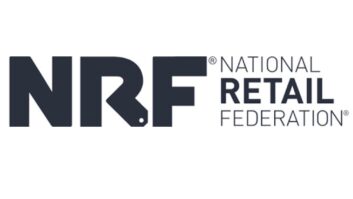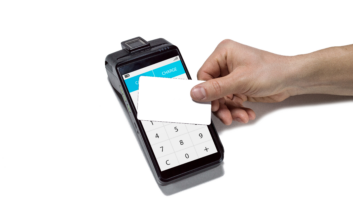
In 2017, retail sales of licensed consumer technology devices grew to $11.7 billion worldwide, according to the International Licensing Merchandising Association. Of those sales, 79 percent were from brick-and-mortar retailers while 21 percent were from online retailers.
Licensing is a marketing tool that utilizes established emotional connections consumers have to brands. Licensing works because customers are “fans” of the brand equity that is being licensed for product. It is a way to distinguish a generic consumer product and make it connect with the consumer through their emotions. Consumers make purchases based on feelings — which is exactly how licensing works.
At a time when retail in the U.S. is experiencing a transformation from traditional brick-and- mortar to significantly more e-commerce, consumers shopping online no longer have the physical retail environment where they could see and touch a product up close. This makes brand equity all the more important. This trust factor for the consumer is where brand licensing will set products apart and increase sales.
See also: The Consumer Tech Guide To Headphones
A prime example of a retailer that has successfully utilized licensing is GameStop. GameStop has doubled the space in its stores dedicated to licensed collectibles this year, forecasting 30 to 40 percent annual sales growth for the category through 2019, when the company projects that its collectible sales will hit $1 billion.
What’s Hot
Pop culture and entertainment brands represent the lowest hanging fruit for licensed consumer products, but the digital revolution has changed the way consumers engage with entertainment. From video on-demand to massive multiplayer online gaming, the traditional way in which consumers engage with entertainment has changed. Just as linear TV has been experiencing a seismic shift due to new technologies in the consumer marketplace, Hollywood studios are too, reacting and almost exclusively looking to create franchises that incorporate multiple films, live events, theme parks and consumer products as a way to create additional revenue streams for their hefty content investments.
This year, the entertainment category that has benefitted most for licensed products is video games. Gamers spend hours dedicated to their game franchises, creating a brand loyalty and demand for physical consumer products that has eclipsed almost all other forms of entertainment. The current feeding frenzy around the license for “Fortnite” proves that from an entertainment licensing perspective, gaming is a hot license.
The “Overwatch” franchise from Activision Blizzard is another major licensing juggernaut and has created a revolution in the eSports realm. The eSports business is just beginning to take off, so the opportunity to get in on a hot eSports property is this year. With these and the other properties that are continually coming to the forefront, you have a recipe for very successful consumer product programs.
As a manufacturer, distributor, retailer or brand looking for partners, I urge you to look closely at brand licensing opportunities for 2020 and beyond.
See also: UX: What’s In Store For Next-Gen Retail













